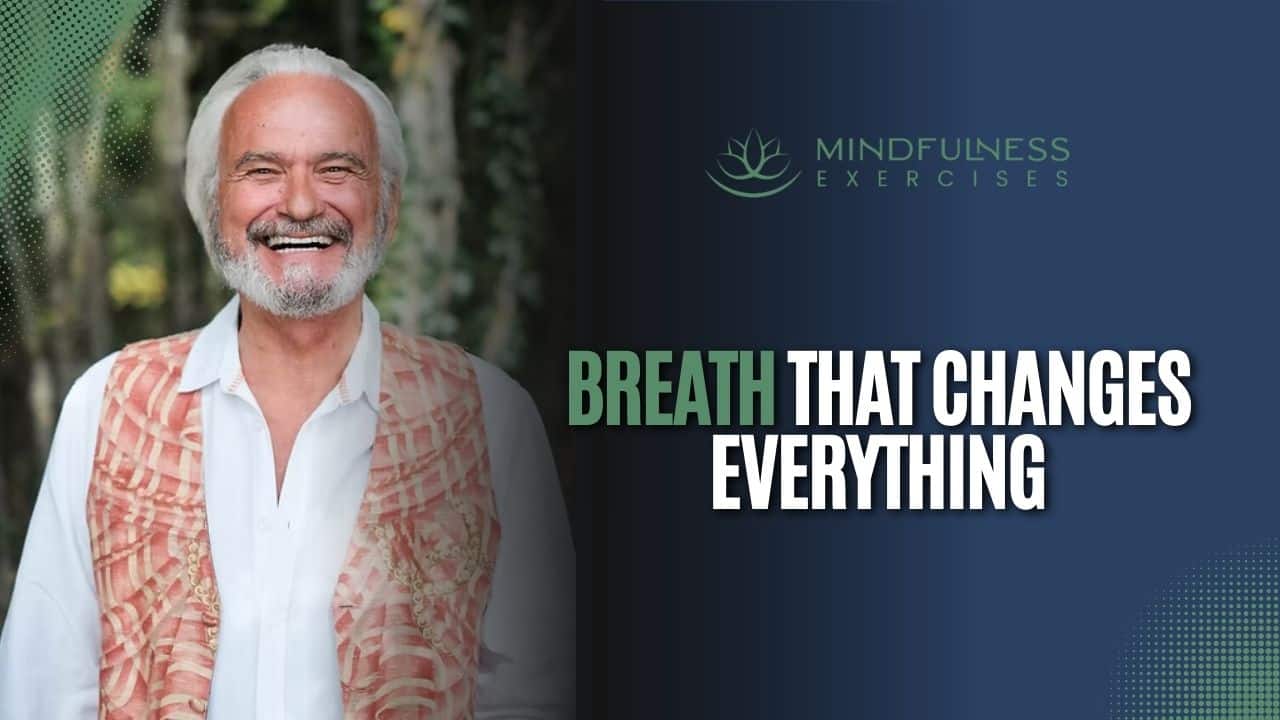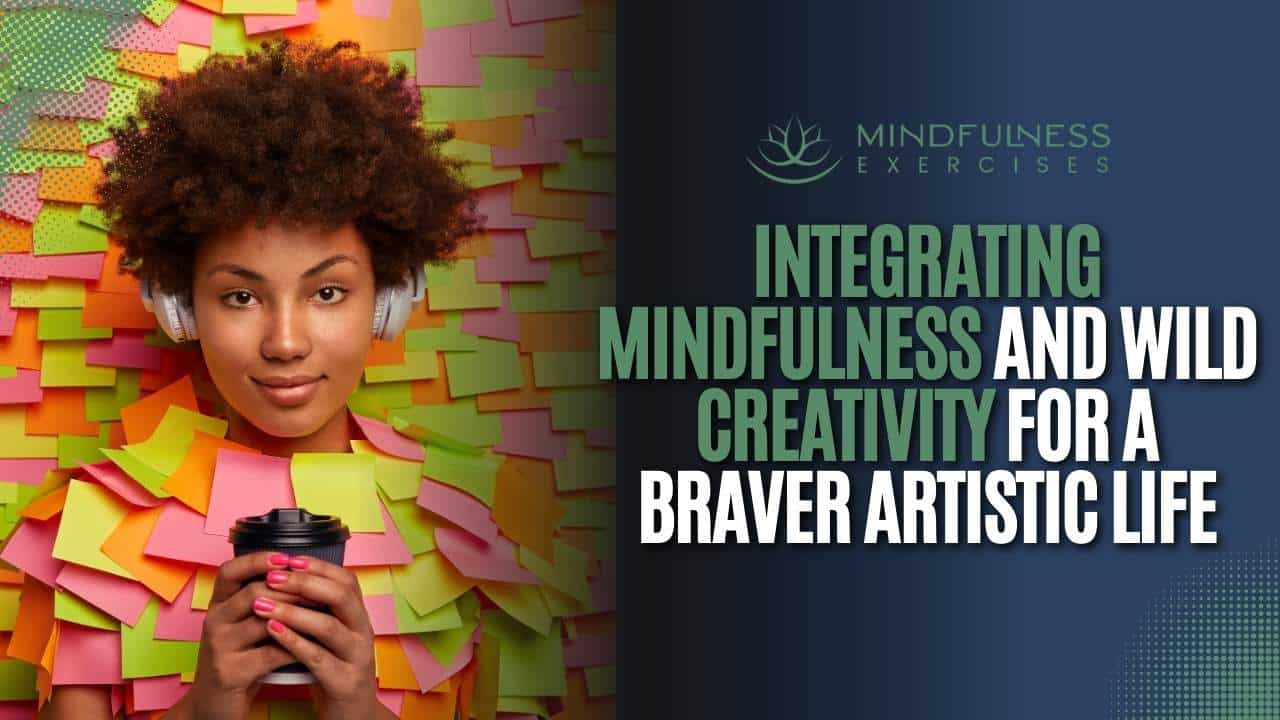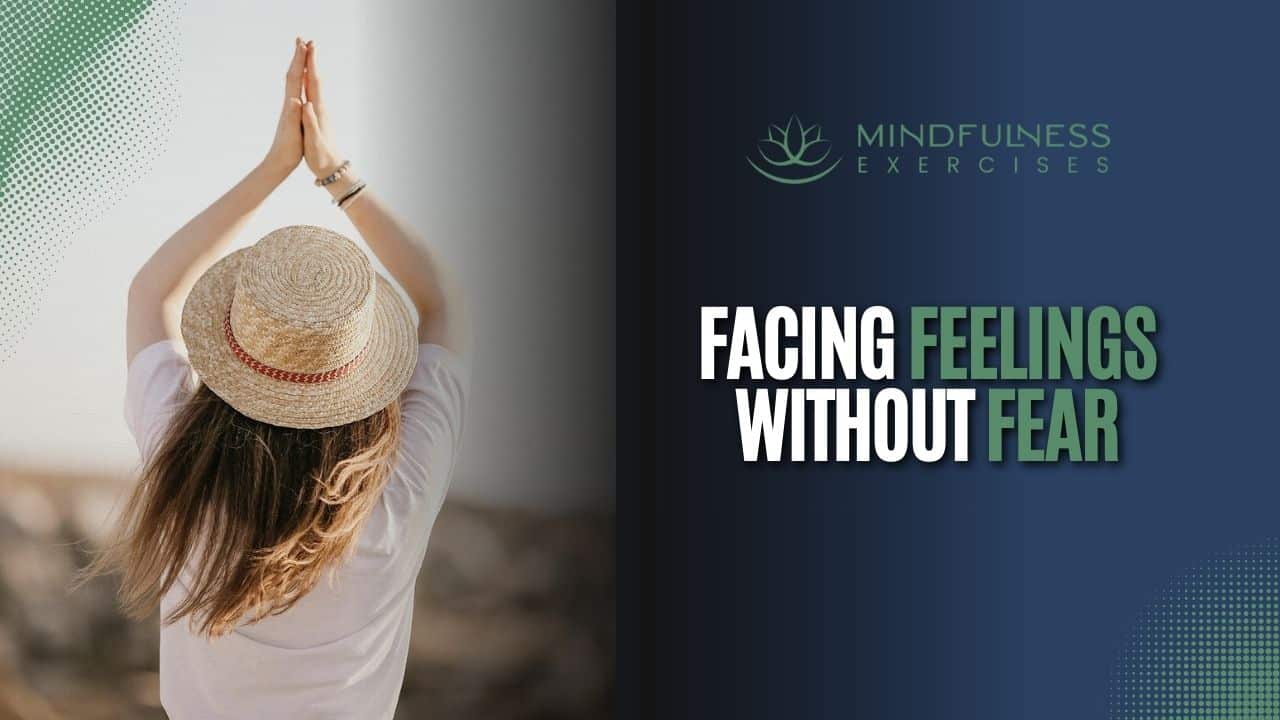Listen now

In this episode, Pamela Ayo Yetunde — author, pastoral counselor, Buddhist practitioner, and social justice advocate — explores the deep connection between mindfulness, ethics, and justice. She shares personal stories from her diverse background in journalism, law, chaplaincy, and Buddhist teachings to explain why mindfulness practice is not separate from social justice work but deeply rooted in compassion, ethical awareness, and community care.
What You’ll Learn in This Episode:
Sponsored by our Mindfulness Meditation Teacher Certification Program
MindfulnessExercises.com/Certify
Show Notes:
Why justice and mindfulness are deeply connected
Many people view mindfulness as an individual practice of calming the mind, but Ayo challenges us to see mindfulness as inseparable from justice. True mindfulness cultivates awareness not only of our inner world but also of the systems and structures that impact others. This episode explores how mindfulness can guide us to act ethically and compassionately within our communities.
How personal history and life experience shape our sense of justice
Ayo shares her personal story of growing up in a faith community, working in advocacy roles, and later becoming a lawyer and chaplain. Her journey shows how our life experiences, struggles, and values naturally shape our understanding of justice and fuel our desire to support others with compassion and integrity.
Why ethical mindfulness goes beyond self-awareness
Being mindful isn’t just about noticing your thoughts or emotions — it’s about what you do with that awareness. Ayo explains how mindfulness practices rooted in Buddhist tradition emphasize ethical action, non-harming, and care for all beings — including those outside our immediate circle, such as marginalized groups or the natural world.
How mindfulness supports compassionate leadership
Drawing from Buddhist teachings on wise leadership, Ayo highlights qualities of mindful leadership: compassion, generosity, non-greed, and care for both people and the environment. This episode explores how mindfulness equips leaders — whether in families, organizations, or governments — to lead with empathy and justice rather than dominance or control.
The importance of social justice in mindfulness practice
Ayo challenges the misconception that mindfulness is separate from social justice. She explains that mindfulness traditions emerged from ethical frameworks designed to reduce harm and promote well-being for all. Practicing mindfulness with awareness of systemic injustice helps practitioners stay connected to compassion, equity, and responsibility in their actions.
How mindfulness reveals our shared humanity
Mindfulness teaches us that we are not separate from one another — we are deeply interconnected. This episode emphasizes how mindfulness can cut through fear, division, and false narratives of separateness to foster understanding, healing, and a sense of belonging in a world that often tries to divide us.




